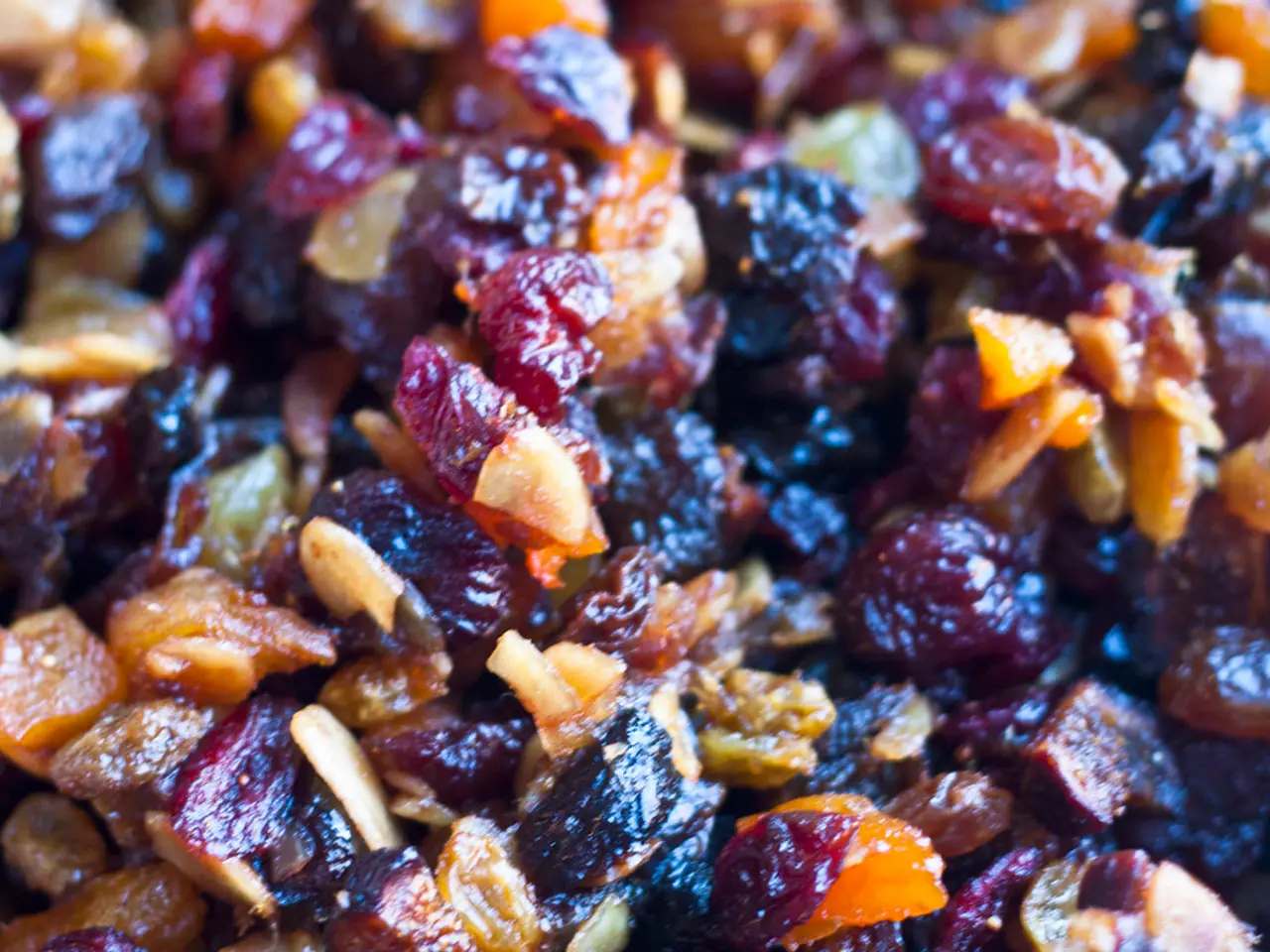Effects of Antinutrients in Vegan Dietary Practices
In the world of plant-based diets, anti-nutrients—naturally occurring compounds in various foods—have gained a bit of a bad reputation. However, it's essential to understand that these compounds don't render plant-based foods "bad" or "unhealthy." Most of these foods are packed with vitamins, antioxidants, and fiber that far outweigh any potential downsides.
Anti-nutrients can interfere with nutrient absorption, but they are not harmful in moderation, and some even have potential health benefits, including antioxidant and anti-inflammatory effects. For instance, phytates, found in seeds, nuts, and grains, might possess antioxidant properties, while lectins, present in beans, lentils, and some grains, can boost the immune system.
So, how can we manage anti-nutrients to reap the full benefits of a plant-based diet? The key lies in balance and diversity.
One effective strategy is diversification of diet. By incorporating a variety of vegetables, fruits, grains, legumes, and nuts into your diet, you ensure that you're still getting a broad spectrum of nutrients. This approach reduces the effects of anti-nutrients by providing a balance of different nutrients.
Another strategy is proper preparation. Soaking and rinsing legumes and grains before cooking helps leach out anti-nutrients like phytates and lectins, and can initiate germination, which increases nutrient bioavailability. Cooking beans and legumes thoroughly can deactivate many anti-nutrients, especially lectins and some phytates.
Fermentation of foods like soybeans (to make tempeh) or grains (to make sourdough bread) can reduce the levels of anti-nutrients and provide additional health benefits, such as supporting gut health.
Cooking methods also play a crucial role. Heat treatments such as cooking, boiling, and especially slow cooking can denature or reduce heat-sensitive anti-nutrients, making nutrients more accessible and reducing digestive discomfort.
The use of chelating agents during processing can bind and remove mineral-binding anti-nutrients like phytates and oxalates. Incorporating specific spices such as cumin, fennel, and ginger during cooking may reduce fermentation in the gut and improve digestion. Adding ingredients like kombu (kelp) when cooking legumes introduces enzymes that help pre-digest certain carbohydrates, which can reduce anti-nutrient effects and digestive issues.
Lastly, gradually increasing fiber intake allows the gut microbiota to adapt, improving fiber and nutrient digestion over time.
By understanding how anti-nutrients work and using proper cooking and preparation methods, you can minimize their effects and continue to enjoy the many benefits of a plant-based lifestyle. So, let's embrace the wisdom of balance and diversity, and harness the full nutritional potential of plant-based foods.
- A plant-based diet can be nutritious and healthful, despite the presence of anti-nutrients in some plant-based foods.
- Diversifying your diet by including various vegetables, fruits, grains, legumes, and nuts can minimize the effects of anti-nutrients and provide a balanced intake of nutrients.
- Soaking and rinsing legumes and grains before cooking can help reduce the levels of anti-nutrients like phytates and lectins and improve nutrient bioavailability.
- Fermenting foods like tempeh and sourdough bread can lower the levels of anti-nutrients, provide additional health benefits, and support gut health.
- Cooking methods can impact the presence of anti-nutrients; heat treatments such as cooking, boiling, and slow cooking can denature or reduce heat-sensitive anti-nutrients.
- Incorporating specific spices during cooking, such as cumin, fennel, and ginger, or adding ingredients like kombu (kelp) when cooking legumes can improve digestion and reduce digestive discomfort caused by anti-nutrients.




